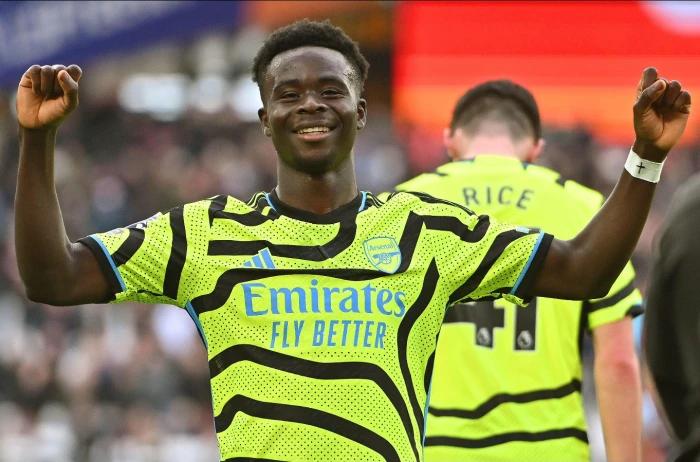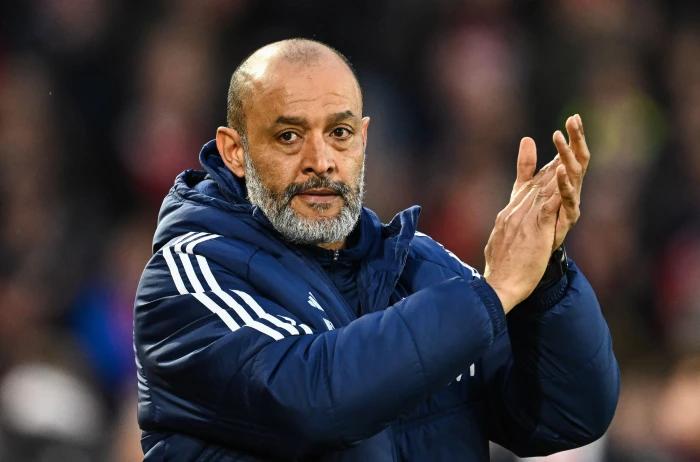Premier League Big Six: How did the balance of power in English football evolve?

Premier League big six
Planet Sport takes a look at how English football evolved into the exclusive playground of the Premier League Big Six.
The Premier League has come to be defined by its 'Big Six' of Arsenal, Chelsea, Liverpool, Manchester City, Manchester United and Tottenham.
Their influence is so strong that they even dictate the very perception of the English game around the world.
However, the Big Six is the result of 30 years of evolution and change, and that suggests it won't be too long before further change arrives.
The original big five
If you want to trace the evolution of the big clubs in English football, you have to go all the way back to just before the Premier League started. In fact, those clubs were the reason why it started.
Before then, English football was a very different place. The top division was one that anyone could win, for a start, because success was not married to wealth. There was a very good - and simple - reason for that too: the wealth was shared.
Gate-sharing was a policy that meant Luton, for example, received half of the gate receipts from an away match at Manchester United. In other words, every club got the same. That was great for the majority but the big clubs didn't like it. A threat of a breakaway was enough to scare the Football League into abolishing the policy. It didn't satiate the clubs' greed and it opened the door for them to hold the game hostage.
Big Five: Arsenal, Everton, Liverpool, Manchester United, Tottenham
1991-1996: The era of the local heroes
Out: Everton, Tottenham
In: Newcastle, Blackburn
Initially, nothing really changed. The order had already been established with quite an equitable distribution of talent around the clubs and it was going to take time to channel it to the richest clubs. Norwich and QPR finished above all of the Big Five clubs that season except Manchester United.
Recommended Offers
£30 Matched Free Bet if your first Acca loses + 100 Free Spins
Get up to £50 Welcome Bonus
Get £10 in Free Bets
Champions !
— Man Utd Vault (@ManUtdvault) May 3, 2020
Manchester United 3 v 1 Blackburn Rovers on 3 May 1993. #MUFC #ManUtd #ManchesterUnited #OldTrafford pic.twitter.com/frbR7SBFWz
Finances were at a level where ambitious local businessmen willing to spend their fortunes on football teams could make a huge difference. There were two in particular who did that: Jack Walker at Blackburn and Sir John Hall at Newcastle.
Quickly, those two sides started competing at the top of the pile. In the early days of the Premier League, it was those two clubs and Man Utd who contested the title. It was here where it became apparent that the size of the club was only relative to the size of its bankroll, or at least that of someone willing to give them access to theirs.
Big Five: Arsenal, Blackburn, Liverpool, Manchester United, Newcastle
1997-2004: Enter Wenger
Out: Blackburn, Newcastle
In: Chelsea, Leeds
Since the advent of the Premier League, Arsenal had mostly been treading water. Manchester United had been winning everything and Liverpool had managed to remain largely relevant, but the Gunners were hanging on a little.
All that changed when Arsene Wenger walked through the door at Highbury. The Frenchman managed to breathe life into what had always seemed a strong Arsenal side on paper and, coupled with some clever additions from abroad, they started dominating.
Chelsea had decided to have a right good go, too. They started using their swanky London location to attract ageing foreign superstars like Ruud Gullit and Gianluca Vialli and, soon enough, younger players started following them.
This was also the era when Leeds proved the dangers of trying to buy your way into the Premier League elite.
Peter Ridsdale embarked on a period of investment so eyewatering that the second they failed to qualify for the Champions League, Leeds had essentially put themselves out of the game for best part of two decades.
Another club who were well-and-truly spent up were Blackburn, who were relegated in 1999 after the Jack Walker money dried up and the mega-rewards from broadcasters started to dwarf the super-riches of local owners.
Big Five: Arsenal, Chelsea, Leeds, Liverpool, Manchester United
2004-2009: The era of the big four
Out: Leeds
In: None
In 2004, Roman Abramovich bought Chelsea and caused a shift so seismic that the Premier League no longer had the wealth to support a Big Five. We were down to a Big Four and we stayed there for quite some time.
That was ultimately a major problem because the Big Four's dominance led to them completely monopolising the four Champions League places. The Premier League had entered a phase where the four richest clubs were also completely monopolising all the outside income too, and it became boring. You knew which four teams would finish in the top four. All that remained was trying to guess the order.
During those six seasons, Manchester United and Chelsea won three titles apiece.
Liverpool and Arsenal challenged for the third place, which seemed important (to them at least) because whoever finished fourth had to go through the qualifying stage for the Champions League and that was apparently just too much bother and legitimately seen as something of a humiliation.
However, on the blue side of Manchester, a plan to break the top-four's domination was gathering pace.
Big Four: Arsenal, Chelsea, Liverpool, Manchester United
2009-present: Four becomes six
In: Manchester City, Tottenham
Out: None
History can get a little skewered here. The perception is that the Manchester City takeover by the Abu Dhabi United Group was never really wanted by the rest. The truth is, that after years of the Premier League being held hostage by the same four clubs, a shake-up was welcomed by most.
It was a double-edged sword, no question, as everyone knew it would drive up prices for the rest and ultimately increase the gap in wealth between the haves and have-nots.
They finished fourth in 2009/10 and the resulting Champions League football transformed them. It was Liverpool that they had managed to push out of the picture, with the Reds finishing seventh.
From that point on, the Premier League has settled into an era of a generally accepted Big Six. It is not ideal by any means, but at least it means at least two of them are guaranteed to miss out on the Champions League every year so the competitive edge has returned.
Big Six: Arsenal, Chelsea, Liverpool, Manchester City, Manchester United, Tottenham
Are we about to see the advent of the big seven?
And what of Everton? Right now they are the biggest losers of the Premier League era. They started as one of the giants, yet have regressed to such an extent that a return to the top table looks well out of reach.
That may change when they get the boost of a new stadium - something that has worked wonders for Tottenham and West Ham - but the ship might have already sailed.






